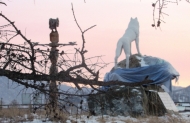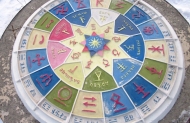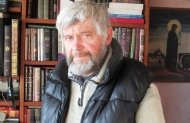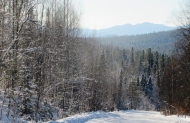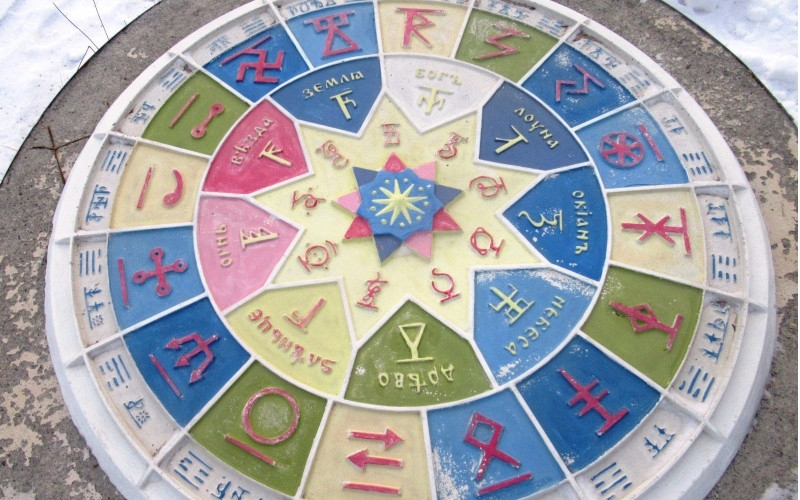
The interim results of scientific research of the head of the "Belts and Roads of Eurasia" project, Doctor of Historical Sciences, Associate Professor of the UC of Social Anthropology of the Russian State University for the Humanities Maxim Mikhalev have been summed up. Since November 2020, within the Program of Fundamental and Applied Scientific Research on Ethnocultural Diversity, he has been studying the role of the ethnic factor in ensuring international security, in preserving the traditional culture of peoples and natural treasures of Altai.
The field material collected during the expedition in the Altai Territory and the Altai Republic is generalized, practical conclusions are drawn. That will be useful for intensifying mutually beneficial cooperation between peoples, which, in turn, will have a beneficial effect on the development of the economy and the growth of cross-border trade, as well as provide mutual cultural enrichment of the peoples of the countries of Eurasia.
From the point of view of the spatial development of Eurasia, the Altai Republic is a key region of Siberia. Several large cultural and historical regions converge here in a small space, but at the same time they do not overlap. The borders of the four largest states of Eurasia - Russia, China, Mongolia and Kazakhstan - are also located here. The ethnic and confessional map of the republic reflects its border, frontier character and is notable for its variegation. Both ethnic Russians and Kazakhs, Altai, Telengits, Tubalars, Chelkans and Kumandins live here. It is important that Altai is also an arena of interaction between Buddhism, Orthodoxy, Islam and Burkhanism, the syncretic faith of the Altaians.
The study covered the capitals of the Altai Territory and the Altai Republic, the cities of Barnaul and Gorno-Altaysk, as well as the Ongudaysky, Ust-Koksinsky and Turochaksky districts of the Altai Republic. During it, more than 20 in-depth interviews were conducted with representatives of political, business and scientific circles of the region, as well as surveys of residents of border areas. The experts were representatives of the republican authorities, public leaders of the Altai Territory and the Altai Republic, scientific and creative intelligentsia, representatives of religious organizations. Meetings were held with the journalists of the republican newspaper "Altaydin Cholmony", the directorate of the Katunsky reserve, the founder of the natural park "Uch-Enmek" native Altaian D. Mamiyev, as well as the leadership of the Altai branch of the Russian Geographical Society.
The study will continue in 2022. It has shown that the situation in which a sensitive border region, following a sharp increase in tourist flow, opens its doors wide to financial and demographic flows from outside the republic, is dangerous and threatens the harmony of interethnic relations. It was suggested that an alternative to the uncontrolled development of mass tourism in Altai observed today could be the promotion of the so-called "reserve" tourism, focused on people who are sincerely interested in the history and culture of the peoples living here. The formed image of Altai as a spiritual reserve of Eurasia and the ancestral home of the Turkic peoples can be used as the basis for a systematic and well-planned development of such a tourism trend.



